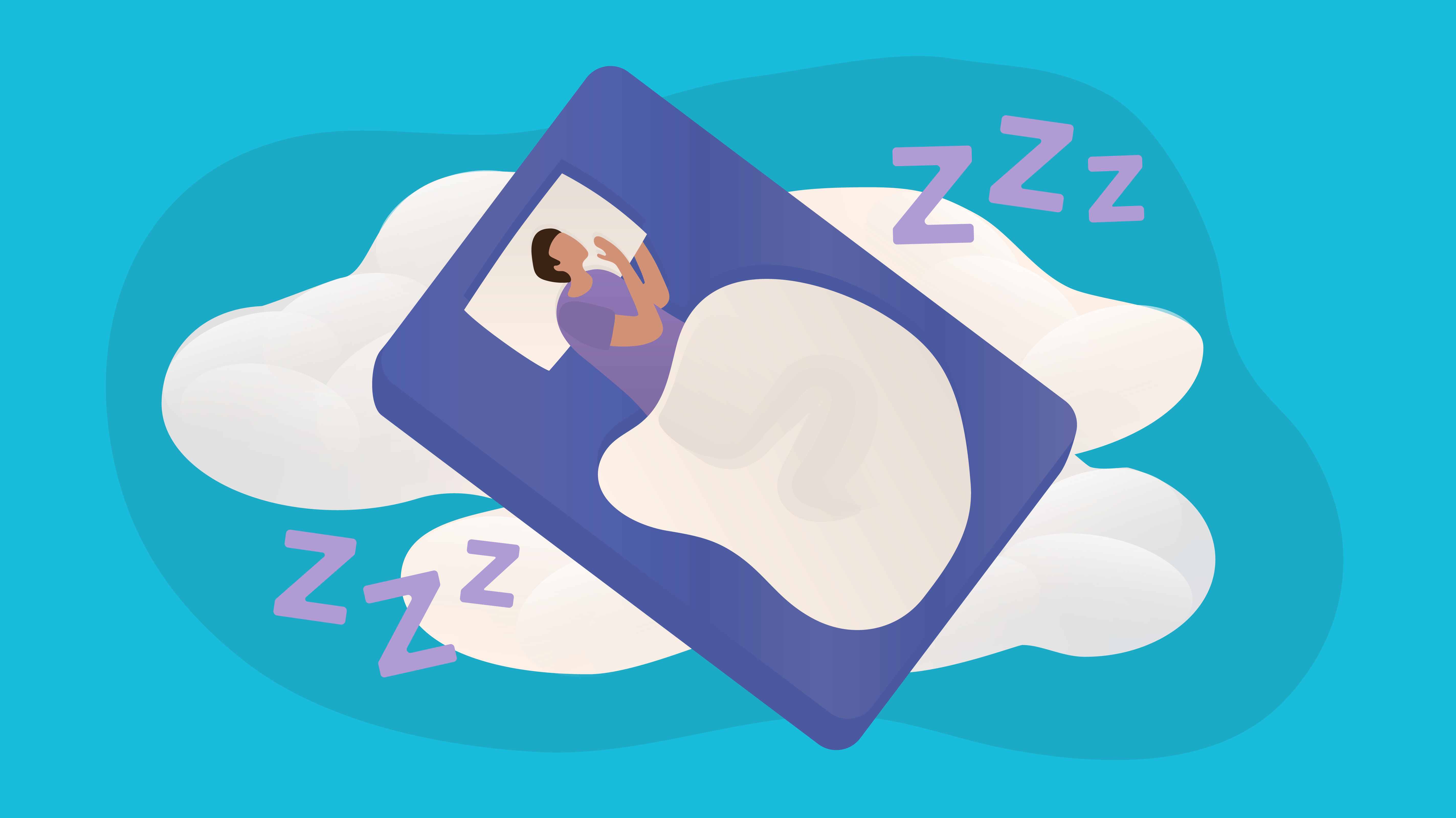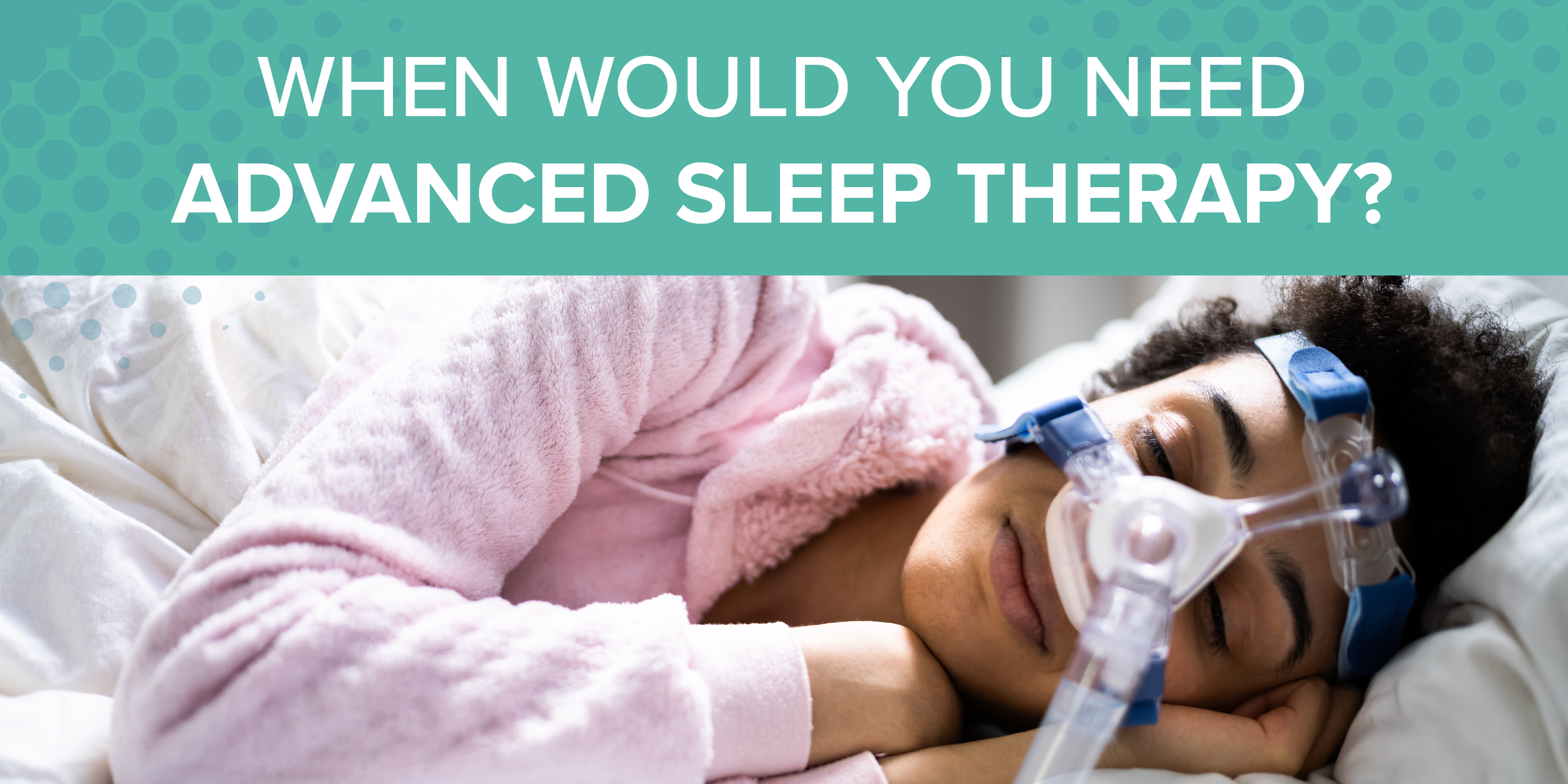Sleep Improvement Therapy - Enhance Your Sleep High Quality
Sleep Improvement Therapy - Enhance Your Sleep High Quality
Blog Article
Effective Treatment Solutions for Handling Rest Disorders and Enhancing Relaxing Sleep
In the realm of health care, the management of sleep disorders and the pursuit for peaceful rest are critical elements of total wellness. Efficient treatment options supply a diverse method to take on these obstacles, varying from cognitive behavior interventions to all natural methods that promote leisure and mindfulness. The expedition of various strategies, including the integration of medication and light therapy, opens a realm of possibilities in the pursuit of far better sleep top quality. As we browse the detailed landscape of rest problems and look for to enhance our sleep experience, a much deeper understanding of these treatment options may hold the key to opening a much more relaxing and fulfilling corrective journey.
Cognitive Behavioral Therapy for Sleeping Disorders (CBT-I)
Cognitive Behavior Modification for Sleeplessness (CBT-I) is an organized, evidence-based treatment strategy that concentrates on attending to the hidden variables adding to sleep disruptions. This sort of therapy intends to customize behaviors and ideas that intensify sleeplessness, eventually advertising healthy and balanced sleep patterns. CBT-I commonly includes a number of key components, consisting of cognitive treatment, sleep limitation, stimulation control, and rest hygiene education and learning.
Cognitive treatment helps individuals identify and change negative idea patterns and ideas about sleep that might be hindering their capacity to drop or remain asleep. Sleep restriction involves limiting the quantity of time invested in bed to match the individual's real rest duration, thereby enhancing rest performance (natural insomnia remedies). Stimulus control methods help develop a strong association in between the bed and sleep by encouraging individuals to visit bed only when sleepy and to prevent engaging in boosting activities in bed
Furthermore, rest hygiene education concentrates on creating healthy sleep habits, such as keeping a constant rest routine, producing a relaxing bedtime regimen, and enhancing the rest environment. By resolving these elements thoroughly, CBT-I provides an effective non-pharmacological intervention for handling insomnia and boosting overall sleep high quality.
Rest Hygiene Practices
Having established the structure of cognitive restructuring and behavioral modifications in resolving sleep problems with Cognitive Behavioral Treatment for Sleeping Disorders (CBT-I), the focus now shifts towards exploring important Sleep Health Practices for keeping ideal rest high quality and overall well-being.
Rest health methods encompass a variety of routines and ecological aspects that can significantly affect one's ability to sleep and stay asleep throughout the evening. Consistent rest and wake times, developing a relaxing bedtime regimen, and maximizing the sleep setting by maintaining it dark, quiet, and cool are essential components of excellent rest hygiene. Limiting exposure to screens before bedtime, avoiding energizers like caffeine near bedtime, and taking part in routine exercise throughout the day can also advertise far better rest top quality.
Moreover, exercising relaxation techniques such as deep breathing exercises or meditation prior to bed can help soothe the mind and prepare the body for rest. By incorporating these rest health methods right into one's daily regimen, people can develop a healthy and balanced rest pattern that sustains relaxing rest and overall wellness.
Leisure Strategies and Mindfulness
Executing relaxation techniques and mindfulness practices can play a pivotal function in fostering a feeling of tranquility and promoting quality rest. insomnia specialist. These techniques aim to peaceful the mind, decrease stress, and create an optimal setting for relaxing sleep. One commonly practiced method is deep breathing exercises, where people concentrate on slow, deep breaths to relax the body and mind. Progressive muscle relaxation includes tensing and after that launching each muscle team, advertising physical relaxation. In addition, assisted imagery can help move people to a serene area in their minds, helping in stress decrease and boosting sleep quality.
Mindfulness practices, such as reflection and yoga exercise, are likewise reliable in promoting relaxation and enhancing rest. Mindfulness encourages individuals to remain present in the minute, letting go of fret about the past or future. By incorporating these methods right into a bedtime routine, people can signify to their bodies that it is time to take a break and prepare for rest. In general, incorporating leisure strategies and mindfulness practices can significantly add to taking care of sleep disorders and enhancing total sleep high quality.

Medicine Options for Sleep Disorders
After exploring leisure strategies and mindfulness practices as non-pharmacological treatments for improving rest quality, it is necessary to take into consideration medicine choices for individuals with sleep problems. In cases where way of living changes and treatment do not provide enough relief, medicine can be an important device in managing sleep disturbances.
Commonly suggested medications for sleep problems include benzodiazepines, non-benzodiazepine hypnotics, antidepressants, and melatonin receptor agonists. Benzodiazepines, such as diazepam, are sedatives that can aid generate sleep, however they are normally suggested for short-term use because of the threat of dependence. Non-benzodiazepine hypnotics like zolpidem are additionally used to deal with insomnia and have a reduced risk of dependence compared to benzodiazepines. Antidepressants, such as trazodone, can be advantageous for people with co-occurring depression and sleep disruptions. Melatonin receptor agonists, like ramelteon, target the body's natural sleep-wake cycle and can be useful for managing sleep patterns.
It is essential for individuals to talk to a doctor to identify the most ideal drug choice based upon their particular rest condition and medical background.
Light Therapy for Body Clock Regulation
Light therapy, additionally called photo-therapy, is a non-invasive treatment method used to control body clocks and boost sleep-wake cycles. This therapy involves exposure to bright light that simulates natural sunlight, which aids to reset the body's internal clock. By exposing individuals to specific wavelengths of light, commonly in the early morning or night relying on the preferred impact, light therapy can efficiently readjust the circadian rhythm to advertise wakefulness during the day and improve peaceful rest during the night.
Research has shown that light therapy can be especially beneficial for individuals with body clock problems, such as prozac insomnia temporary postponed rest stage disorder or jet lag. It can additionally be helpful for those experiencing seasonal depression (SAD), a type of depression that normally occurs throughout the winter season when all-natural light exposure is minimized. Light treatment is normally learn the facts here now well-tolerated and can be utilized in conjunction with various other treatment methods for rest problems to maximize end results and improve general sleep top quality.
Final Thought
To conclude, efficient therapy solutions for managing sleep conditions and improving peaceful sleep include Cognitive Behavioral Treatment for Sleeplessness (CBT-I), sleep health techniques, leisure techniques and mindfulness, medication alternatives, and light treatment for body clock guideline. These approaches can help individuals enhance their sleep quality and overall well-being. It is essential to seek advice from with a medical care company to determine one of the most suitable approach for addressing sleep informative post concerns.
As we navigate the intricate landscape of sleep problems and look for to enhance our rest experience, a deeper understanding of these treatment options may hold the key to opening an extra refreshing and meeting corrective journey.
Rest limitation includes restricting the amount of time invested in bed to match the person's actual rest duration, thus increasing rest performance. Consistent sleep and wake times, producing a relaxing going to bed regimen, and maximizing the sleep atmosphere by maintaining it dark, silent, and cool are critical components of good rest hygiene. Light therapy is generally well-tolerated and can be utilized in combination with other therapy methods for rest conditions to maximize results and enhance overall rest quality.

Report this page